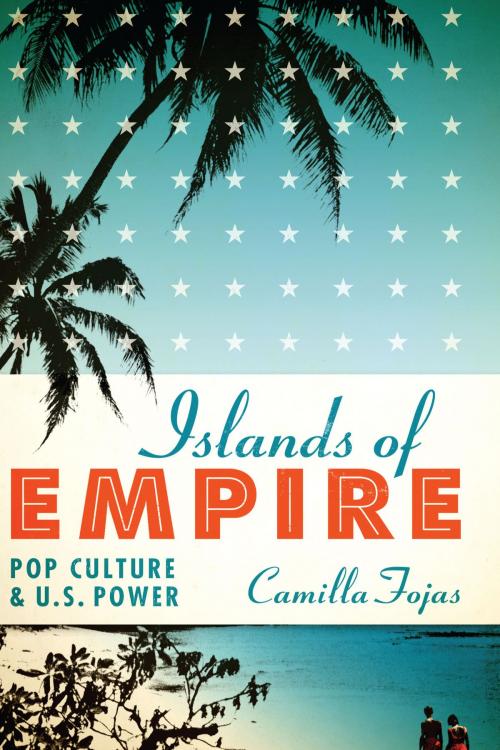Islands of Empire
Pop Culture and U.S. Power
Nonfiction, Entertainment, Film, History & Criticism, Performing Arts, History, Americas, United States, 20th Century| Author: | Camilla Fojas | ISBN: | 9780292756328 |
| Publisher: | University of Texas Press | Publication: | March 1, 2014 |
| Imprint: | University of Texas Press | Language: | English |
| Author: | Camilla Fojas |
| ISBN: | 9780292756328 |
| Publisher: | University of Texas Press |
| Publication: | March 1, 2014 |
| Imprint: | University of Texas Press |
| Language: | English |
Camilla Fojas explores a broad range of popular culture media—film, television, journalism, advertisements, travel writing, and literature—with an eye toward how the United States as an empire imagined its own military and economic projects. Impressive in its scope, Islands of Empire looks to Cuba, Guam, Hawai'i, Puerto Rico, and the Philippines, asking how popular narratives about these island outposts expressed the attitudes of the continent throughout the twentieth century. Through deep textual readings of Bataan, Victory at Sea, They Were Expendable, and Back to Bataan (Philippines); No Man Is an Island and Max Havoc: Curse of the Dragon (Guam); Cuba, Havana, and Dirty Dancing: Havana Nights (Cuba); Blue Hawaii, Gidget Goes Hawaiian, and Paradise, Hawaiian Style (Hawai'i); and West Side Story, Fame, and El Cantante (Puerto Rico), Fojas demonstrates how popular texts are inseparable from U.S. imperialist ideology. Drawing on an impressive array of archival evidence to provide historical context, Islands of Empire reveals the role of popular culture in creating and maintaining U.S. imperialism. Fojas's textual readings deftly move from location to location, exploring each island's relationship to the United States and its complementary role in popular culture. Tracing each outpost's varied and even contradictory political status, Fojas demonstrates that these works of popular culture mirror each location's shifting alignment to the U.S. empire, from coveted object to possession to enemy state.
Camilla Fojas explores a broad range of popular culture media—film, television, journalism, advertisements, travel writing, and literature—with an eye toward how the United States as an empire imagined its own military and economic projects. Impressive in its scope, Islands of Empire looks to Cuba, Guam, Hawai'i, Puerto Rico, and the Philippines, asking how popular narratives about these island outposts expressed the attitudes of the continent throughout the twentieth century. Through deep textual readings of Bataan, Victory at Sea, They Were Expendable, and Back to Bataan (Philippines); No Man Is an Island and Max Havoc: Curse of the Dragon (Guam); Cuba, Havana, and Dirty Dancing: Havana Nights (Cuba); Blue Hawaii, Gidget Goes Hawaiian, and Paradise, Hawaiian Style (Hawai'i); and West Side Story, Fame, and El Cantante (Puerto Rico), Fojas demonstrates how popular texts are inseparable from U.S. imperialist ideology. Drawing on an impressive array of archival evidence to provide historical context, Islands of Empire reveals the role of popular culture in creating and maintaining U.S. imperialism. Fojas's textual readings deftly move from location to location, exploring each island's relationship to the United States and its complementary role in popular culture. Tracing each outpost's varied and even contradictory political status, Fojas demonstrates that these works of popular culture mirror each location's shifting alignment to the U.S. empire, from coveted object to possession to enemy state.















